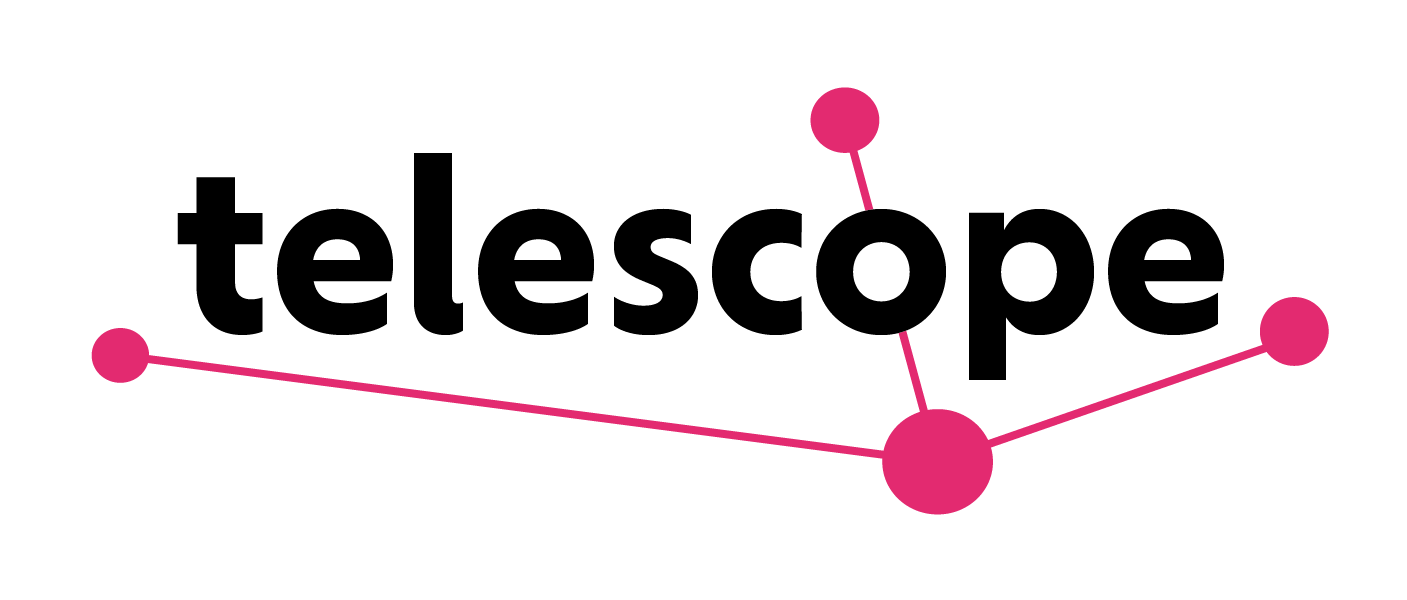Working to create “open source change”
A friend of mine is a brilliant investigative journalist at a big news firm. Over the past year, I’ve watched her piece together groundbreaking stories from across the world, using her own investigative skills, and a lot of open-source data. She’s using Google maps, Instagram videos, geotags, metadata, and a load of other sources I didn’t even know existed to uncover stories. The information is right in front of us - and it is her skill at bringing all the threads together that makes it into a story.
In a way, that’s how I see the world of collaborative policy design. There are countless amazing organisations out there trying new ways to bring policy and frontline together, designing capacity-building programmes (PSTA), taking policymakers out for field work (Policy School), building compassion into cross-party politics (Compassion in Politics), and running programmes that facilitate empathy-based collaboration (Telescope). What’s amazing about this space is the energy for collaboration - we’re all sharing what we do and having conversations about what’s worked and what hasn’t, in the service of our shared goal: more compassionate, inclusive, effective politics and policy. The more we all share, the more we can draw the threads together and spread this way of working across society.
There’s a flipside, though. We’re a small social enterprise trying to bring in revenue and grow over time, but this kind of open-source changemaking poses a real challenge to our structure. It’s a constant balance for us, when a profit-making business model can seem inappropriate, since we need to be sharing ideas as much as possible, and even incompatible, given that collaboration is part of our DNA. More broadly, how does our business model support us to grow? Selling our secret sauce to make money runs the risk of it not being so secret any more, though if we still make it really well, perhaps we can continue to bring the crowds in.
This has become an especially pertinent question recently, as we’ve started working with larger organisations that have real potential to design learning programmes of their own. It’s fantastic to see quite traditional organisations, such as charities, starting to think really innovatively about how they can bring together data, lived experience, and service design to boost their impact. We want to support as much as we can, sharing our journey and our learnings to help them avoid the same pitfalls we came across. But are we designing ourselves out of a job?
The bottom line is no, we aren’t. Society’s “wicked problems” are vast and complex, and a few more charities working with experts by experience isn’t going to solve all of them overnight. Empathy will still be a vital ingredient in changemaking and policymaking in the future, and our systems and structures will need coaching in this way of working for a long time.
And if we’re being ambitious, the impact we’re aiming for should design us out of a job. We advocate for empathetic, collaborative policymaking, inclusion of experts by experience, and innovative thinking across service and policy design. We believe that if all public sector organisations worked like this, we’d have smartly-designed policies that responded to everyone’s needs and provided opportunities for everyone to thrive. Our services would no longer be required.
Today, as budget cuts begin to bite even more harshly, and the uncertainties of the Levelling Up programme put local authorities in precarious positions, it’s more important than ever that we continue to share our expertise and learning. It may not make us rich, but it forms part of the tapestry of efforts that can help people survive and thrive despite challenging circumstances. That’s the open-sourced story that we, and our allies in this sector, want to tell.
